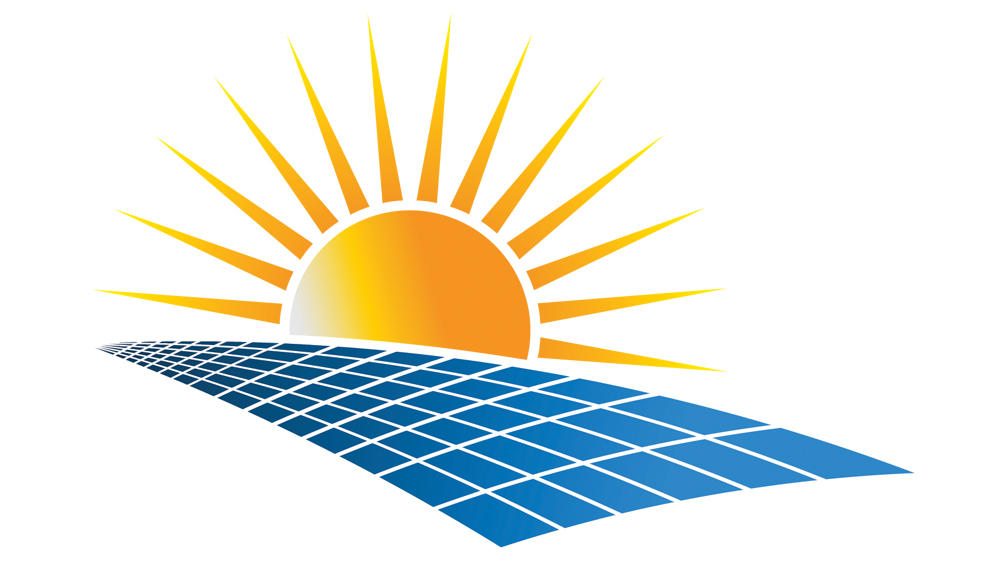- An Alliance For Community Action
- (970) 256-7650
- info@WesternColoradoAlliance.org
Tri-State and new green legislation
On June 1, Tri-State filed its first Phase 1 documents for the historic Electric Resource Plan underway at the Colorado Public Utilities Commission. In 2019, both Colorado and New Mexico lawmakers moved to create new state-level accountability mechanisms for Tri-State, whose electricity remains among the most costly and dirty in the West. This Electric Resource Plan process may be Tri-State’s defining rulemaking for this decade.
Tri-State’s Phase 1 documents — meant to describe the
organization’s position today — were submitted in a heavily redacted form with little precedent. With large swaths of information being obscured from the public, it is difficult for the member co-ops and rate-payers that nominally run the organization to gain any useful insight over the state of their supplier.
Western Colorado Alliance will continue monitoring this situation and providing vital information and interpretation for Tri-State rate-payers to make their voices heard at the Public Utilities Commission later this year.
A Historic Moment for DMEA
Early this July, the Delta-Montrose Electric Association finalized its historic exit from Tri-State’s contract, becoming the second member co-op across four states to do so. DMEA’s exit price of $62M ends its relationship with Tri-State and marks the beginning of a new 12-year contract with supplier Guzman Energy that Board Members indicate will allow for lower rates for members and provide for a large share of local energy development in the form of new solar and other assets.
Currently, two other Western Colorado co-ops, and one serving the Front Range, have signaled a desire to consider exiting their own Tri-State contracts to achieve a greater share of cheaper, cleaner energy and local control.
A Vision for A New Federal Energy Package
June saw the introduction of the Moving America Forward Act in Congress (H.R. 2). The act is a package of a several bills that collectively imagine a renewal of American energy, jobs, and infrastructure for the coming decades – and has climate-friendly technologies square in its sights.
Including in this large vision is the GREEN Act – a package including $70 billion for electrical grid modernization, a ramp-up of electric vehicle charging infrastructure, and revitalization of national energy efficiency programs. The Act includes a vital five-year extension of the solar and wind investment tax credits with the power to supercharge the market transition to cleaner new technologies. Finally, an investment tax credit for large battery storage, a vital component of the clean energy transition, is included.
H.R. 2 passed the House on July 2 and heads to the Senate.
Joel Dyar joined our Alliance as organizer for clean and renewable energy in 2019. As a 15-year veteran of community organizing in Colorado and six countries, Joel has worked to help social movements and everyday residents discover their power and make their voices heard on a broad spectrum of sustainability, social, and legislative issues. Joel brings a Masters of Community Development and graduate studies in renewable energy and green business to his work on behalf of our energy future.



